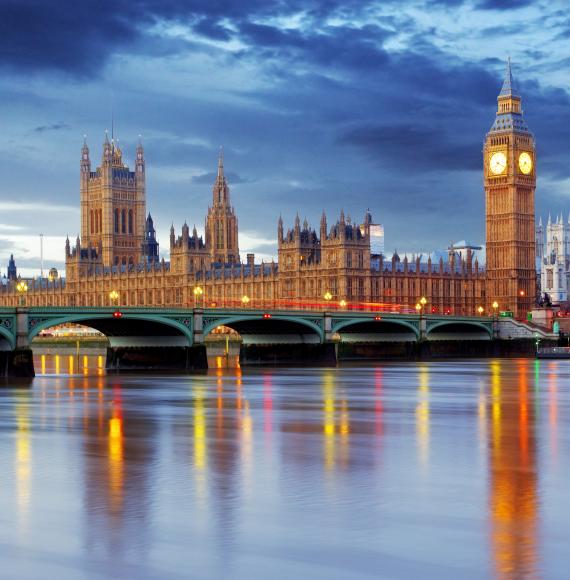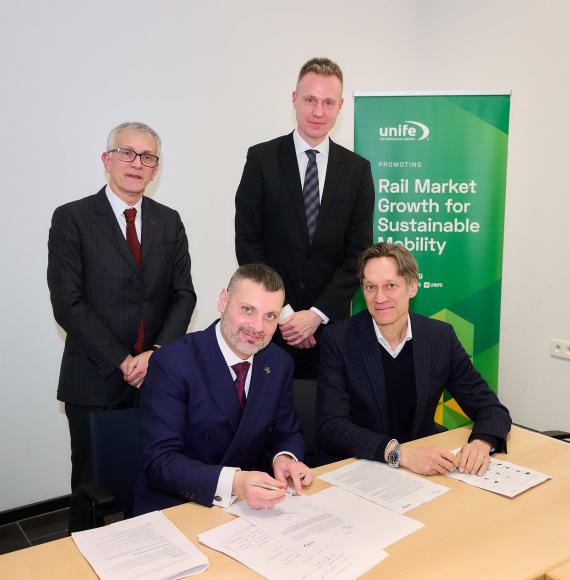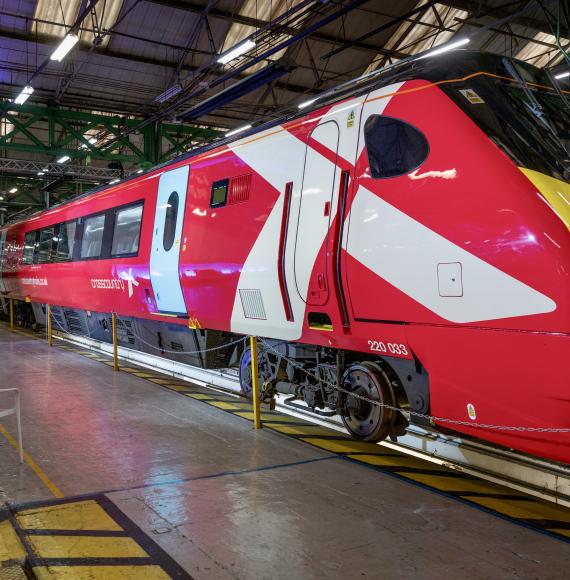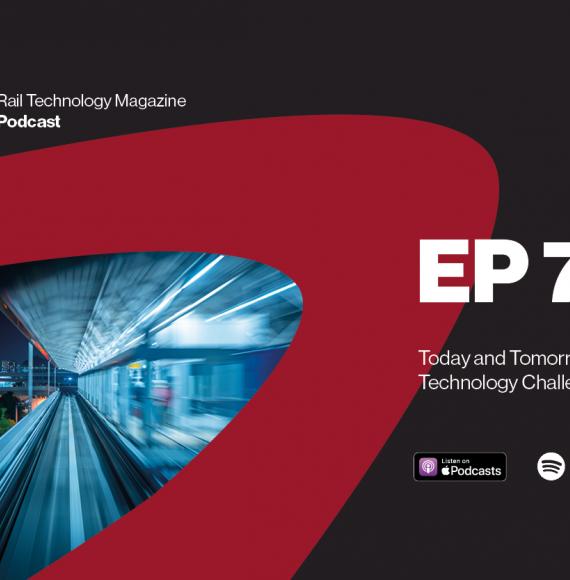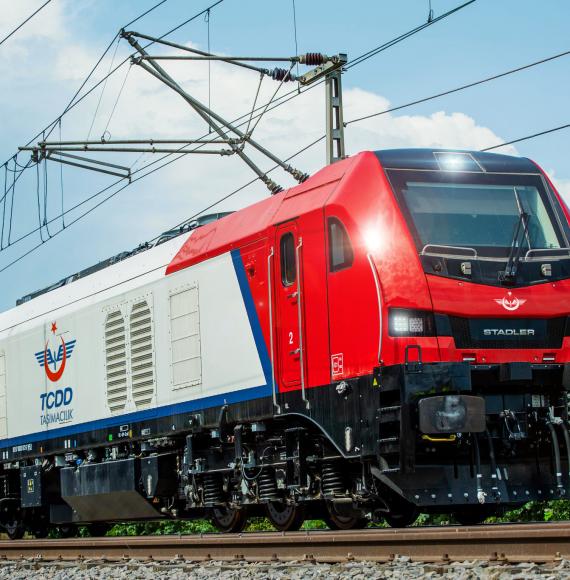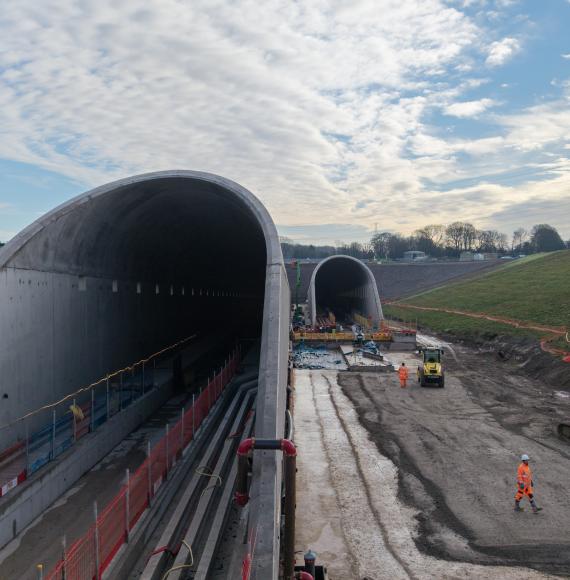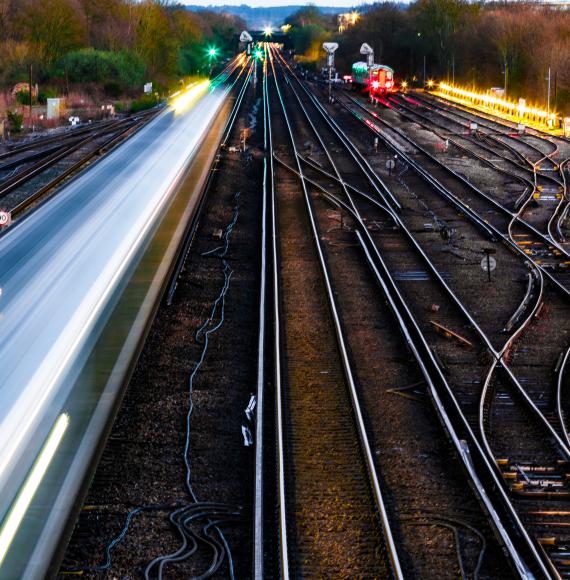According to a recent study from the Centre for Policy Studies (CPS), it is estimated that the number of people commuting via rail at peak times is just 15% of the pre pandemic total, with overall levels at just 45%.
The report addressed the reasoning for this:
"Rail has lost its monopoly over peak travel to Zoom and home working".
This has led to many different ideas of how to entice passengers to return to utilise rail services as their primary form of transportation. A think tank has recently addressed this issue, advising that Train operators should scrap peak tickets and introduce “rail mile” loyalty schemes like airlines to save Britain’s struggling rail industry. Through this scheme, Points could be redeemed for future travel, on-board refreshments and upgrades.
CPS representative Tony Lodge outlined the key issues:
“Passenger expectations have changed...and the industry must change with them. Choosing to travel by train is no longer a necessary part of working life.
“Today the railways are oversupplying a commuter market that has not come back, and we are under-supplying growing leisure demand. Timetables, rolling stock provision and the retail offer must reflect this change in consumer demand and help it to grow.”
Rewarding customers for their rail travel through loyalty schemes is nothing new within the industry as shown through certain companies such as Avanti West Coast and their partnership with Nectar. This allowed customers to earn points and rewards through booking via the company, however this scheme is coming to an end this month on the 31st of May 2022. There has been no word currently as to whether this will be replaced with a different reward-based scheme.
Avanti’s partnership with Nectar ending, mirrors the Great Western Railway Nectar partnership that recently ended in March. Like Avanti, the has been no plans to introduce another reward-based system for customers. Though these partnerships have come to an end of their lifecycle, they show the willingness of the industry to incorporate bonus-based structures where possible.
An Avanti spokesperson noted that:
"We are continuing to look at ways to reward our long-distance customers.”
The customer reward-based structure can radically change the public’s perception of rail travel, enticing the return to daily commutes that ensure the sectors financial stability. As the industry approaches change to its hierarchical structure through the introduction of The Great British Railways Body, there is a large amount of pressure being heaped on the government to introduce the necessary changes to meet passenger demands.
Mr Lodge addressed the need for the Governments action:
“Frankly, if the Government doesn’t implement these reforms, there is no certainty that rail will have a future and taxpayers will inevitably be forced to foot the bill for its decline.”
A spokesperson for the Department for Transport said:
“We have no current plans to introduce loyalty schemes, but Great British Railways will act as the guiding mind of the industry and have the ability to make decisions on future schemes to reward loyalty.
“It’s absolutely right to say that the railways need reforming, that’s why the Williams-Shapps Plan for Rail is already rolling out the biggest changes to rail in a generation.”




